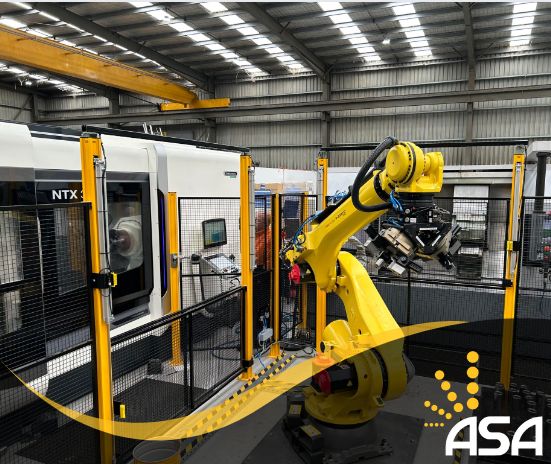Computer Numerical Control machining (CNC machining) has revolutionized engineering and manufacturing in the last couple of decades. CNC is a process that was created by integrating digital technologies with traditional machining methods. It is now the most popular method for manufacturing high-precision components and parts across various industries. This article explores CNC machining’s mechanics, advantages and its diverse applications and the impact it has had on the modern engineering.
The Mechanics of CNC Machining
CNC machining is a subtractive manufacturing method, which means it removes the substance from a solid workpiece or block to produce the desired shape. This process is guided by computer software pre-programmed to determines the movement of the machine. The code generated for CNC machines varies based on the type of CNC machine it is and how complex the component produced. However, the fundamental concept is the same. A high-speed cutter precisely cuts away materials to create the final product.
CNC Machining has numerous advantages. One of these is its precision. The digitalized nature allows for consistent and accurate production. This reduces human error and ensures consistency across batches. This degree of precision is essential in industries where even the smallest deviations can have significant consequences, such as aerospace, medical devices, and automotive manufacturing.
The role digitalised computers play in CNC Machine Operations
CNC precision and efficiency is a result of the integration of digital technology. CNC machines are operated by special software that automates each stage of the manufacturing process. The software transforms computer-aided design (CAD) models into a set of precise instructions that the CNC machine then follows to create the part. The instructions set everything from direction and speed to the depth and angle of every cut.
In larger industrial facilities computers are typically integrated directly in CNC machines. They allow for seamless communication and control. This integration allows real-time monitoring as well as adjustments and optimization of performance. CNC processing is automated, which allows the continuous production. This enables a significant increase in productivity.
CNC Machining – The Benefits
CNC machining has numerous advantages over conventional manufacturing methods. The ability to create complex, intricate parts with high-precision is one of the most significant advantages. CNC machining reduces the amount of waste produced because it eliminates manual adjustments. CNC machines are also able to operate continuously, which makes them perfect for large-scale production runs.
CNC machine also provides flexibility. By merely changing the program, the machine is able to make different components. CNC machine’s flexibility permits it to be used both to produce large quantities and for prototyping, allowing manufacturers to respond rapidly to market trends.
The automation of CNC machines can also improve workplace safety. Injuries and accidents are less likely in situations where manual intervention isn’t necessary. CNC-machined components are also more reliable and perform better, increasing customer satisfaction.
CNC Machining Services Benefits for Industries
The versatility, precision and effectiveness of CNC machining is utilized in a variety of industries. CNC machines are critical in the aerospace industry because they must comply with very rigorous safety and quality standards. The medical device industry relies on CNC machining for the production of complex surgical instruments and implants, where accuracy is essential.
CNC machining is used in the automobile industry to create engine parts, transmission parts, as well as intricate interiors and exteriors. In the same way electronics benefit from CNC’s ability of producing tiny, precise parts for consumer electronics, communications devices, as well as other electronic items. Even the art and jewelry industries utilize CNC technology for intricate designs and customized pieces.
The Future of CNC Machining
As technology advances, the capabilities of CNC machining are expected to expand even more. New technologies like additive manufacturing integration and multi-axis CNC machining are to push the boundaries of what is feasible. Additionally machines-learning and artificial intelligence can improve the efficiency and accuracy of CNC machining.
In the end, CNC machining has profoundly impacted modern engineering and manufacturing, offering unparalleled precision, efficiency, and flexibility. The ability to create intricate parts with high precision makes it an invaluable tool across various industries. As technology evolves, CNC machining will undoubtedly continue to play a crucial role in shaping the future of manufacturing.
